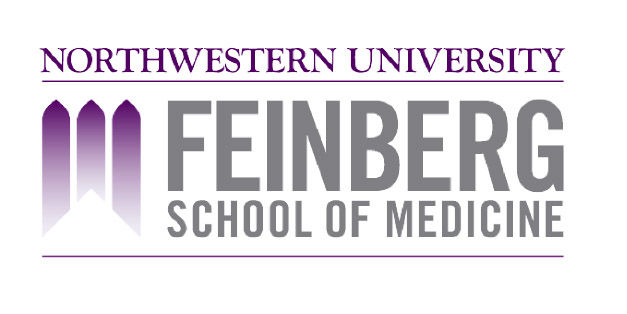Epigenetic dynamics, which influence gene expressions independent of DNA sequence alterations, play a pivotal role in regulating chromatin structure and transcription. Among these modifications, the dynamic methylation and demethylation of histone 3 lysine 27 (H3K27me2/3) by the Lysine Demethylase 6 (KDM6) subfamily are pivotal regulators of both physiological and pathological processes. In immune cells, KDM6A and KDM6B fine-tune the transcription of pro- and anti-inflammatory genes, influencing differentiation, polarization, and activation states in monocytes, macrophages, dendritic cells, T helper cells, and other key immune subsets. Dysregulated KDM6 activity underlies aberrant cytokine production, Th17 cell expansion, and imbalances in tissue repair responses, thus contributing to autoimmune diseases such as rheumatoid arthritis, systemic lupus erythematosus, and multiple sclerosis. Concurrently, KDM6A and KDM6B can act as either tumor suppressors or oncogenes in a context-dependent manner, mediating cellular proliferation, DNA damage repair pathways, and immune evasion in cancers ranging from hematologic malignancies to solid tumors of the bladder, breast, and brain. Recent efforts to exploit this duality include developing small-molecule inhibitors, notably GSK-J4, which block KDM6 demethylase activity and show promising therapeutic effects in models of chronic inflammation and cancer. Nonetheless, challenges such as incomplete target specificity, the interplay with other epigenetic mechanisms, and variations in tumor microenvironment emphasize the complexity of translating these findings into clinical practice. This review highlights the structural features, regulatory mechanisms, and disease associations of KDM6 demethylases, positioning them as compelling biomarkers and therapeutic targets at the intersection of autoimmunity and cancer.










